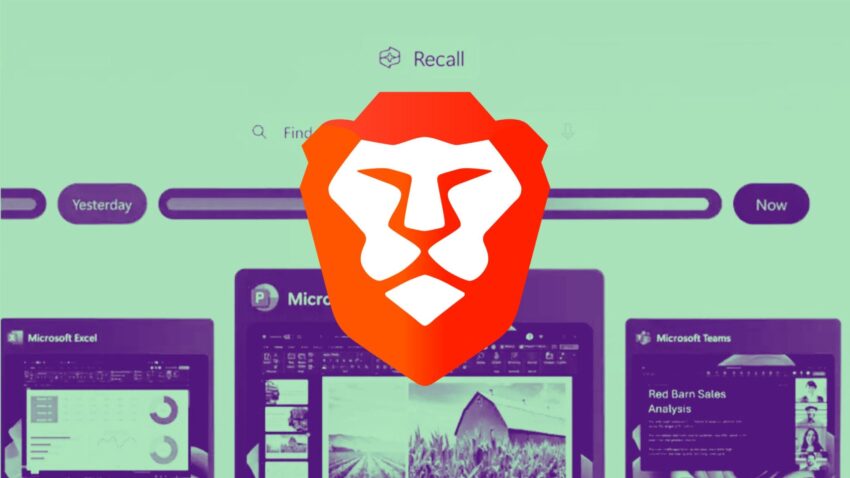If you’re tired of censorship and dystopian threats against civil liberties, subscribe to Reclaim The Net.
Microsoft’s Recall tool, which continuously captures screenshots of user activity on Windows machines, is prompting renewed pushback from the privacy-focused tech community. Leading the charge is Brave, a browser built with user privacy at its core, which will soon disable Recall by default in its next release.
Version 1.81 of Brave will automatically block Recall from tracking browser sessions. In a blog post detailing the decision, the company stated, “We think it’s vital that your browsing activity on Brave does not accidentally end up in a persistent database, which is especially ripe for abuse in highly-privacy-sensitive cases such as intimate partner violence.”
This change makes Brave the only major browser to take concrete steps to shield its users from Recall.
Other mainstream option, including Chrome and Edge, currently allow the screenshot-capturing feature to operate without restrictions. Even browsers with strong privacy reputations, like Firefox, DuckDuckGo, and Tor, have not yet implemented a similar block.
Brave’s latest move offers a practical safeguard without locking out users who may still want access to the feature. After the update lands, those interested in using Recall can manually toggle it back on by navigating to Settings, selecting Privacy and security, and adjusting the option labeled Block Microsoft Recall.
Microsoft has not made it simple for developers to neutralize Recall. In fact, the lack of granular controls previously led Signal to restrict all screenshots inside its Windows app, a workaround intended to prevent Recall from logging private conversations. That approach, however, unintentionally disabled critical functions like screen readers and native screenshotting.
Brave found a different path. By leveraging an existing Recall exception, one that applies to private browsing, the company configured its browser to present every tab as a private session. “We’ve extended that logic to apply to all Brave browser windows. We tell the operating system that every Brave tab is ‘private,’ so Recall never captures it,” the company explained.
Brave also used the opportunity to call on Microsoft to provide similar opt-out options across the software ecosystem. The company noted, “While it’s heartening that Microsoft recognizes that Web browsers are especially privacy-sensitive applications, we hope they offer the same granular ability to turn off Recall to all privacy-minded application developers.”
If you’re tired of censorship and dystopian threats against civil liberties, subscribe to Reclaim The Net.
The post Brave Leads the Charge Against Microsoft’s Memory Machine appeared first on Reclaim The Net.
Click this link for the original source of this article.
Author: Rick Findlay
This content is courtesy of, and owned and copyrighted by, https://reclaimthenet.org and its author. This content is made available by use of the public RSS feed offered by the host site and is used for educational purposes only. If you are the author or represent the host site and would like this content removed now and in the future, please contact USSANews.com using the email address in the Contact page found in the website menu.





